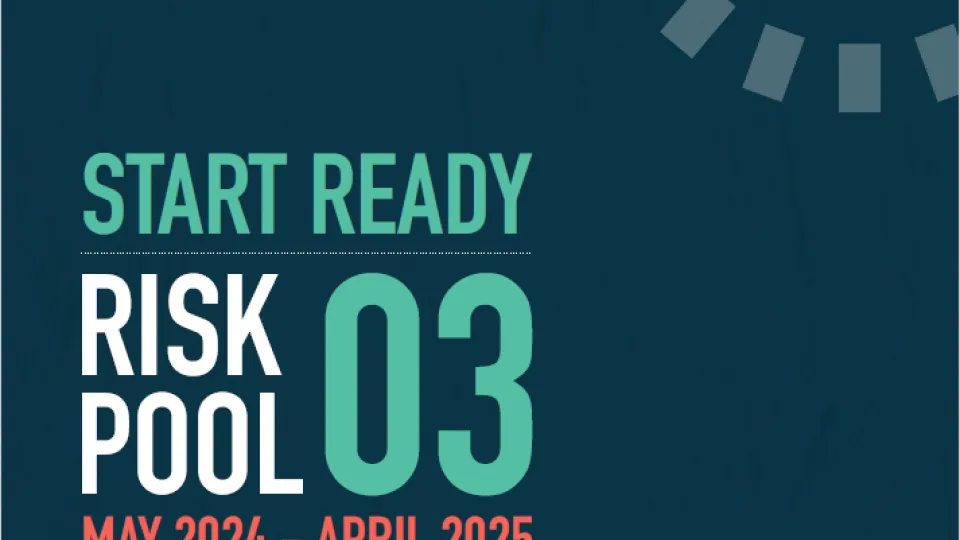
Start Ready Risk Pool 3 Structuring Report
This report summarizes the structure of Start Ready Risk Pool 3, running from May 2024 to April 2025.

This report summarizes the structure of Start Ready Risk Pool 3, running from May 2024 to April 2025.
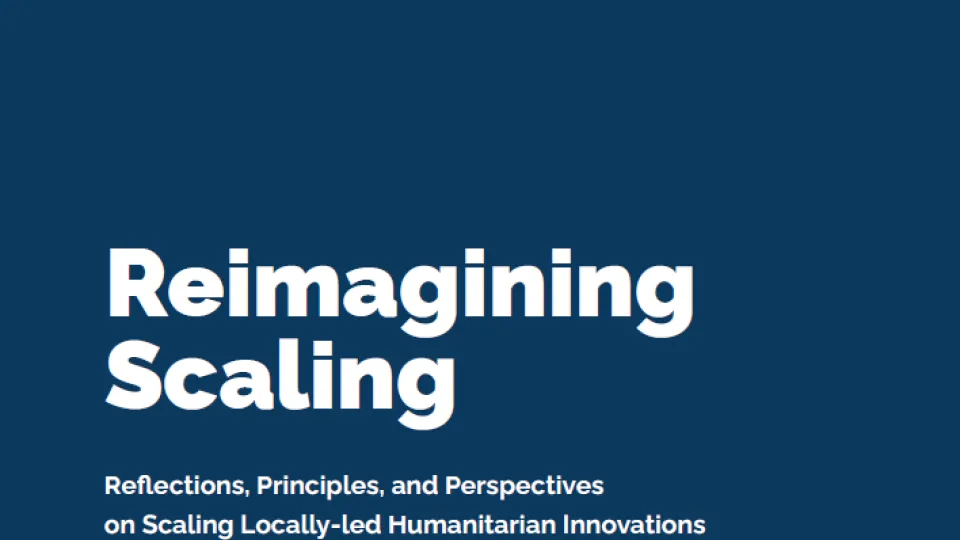
The Reimagining Scaling report explores how scaling can be redefined for locally-led humanitarian innovations across five countries—Guatemala, Indonesia, the Philippines, Brazil, and Cameroon.
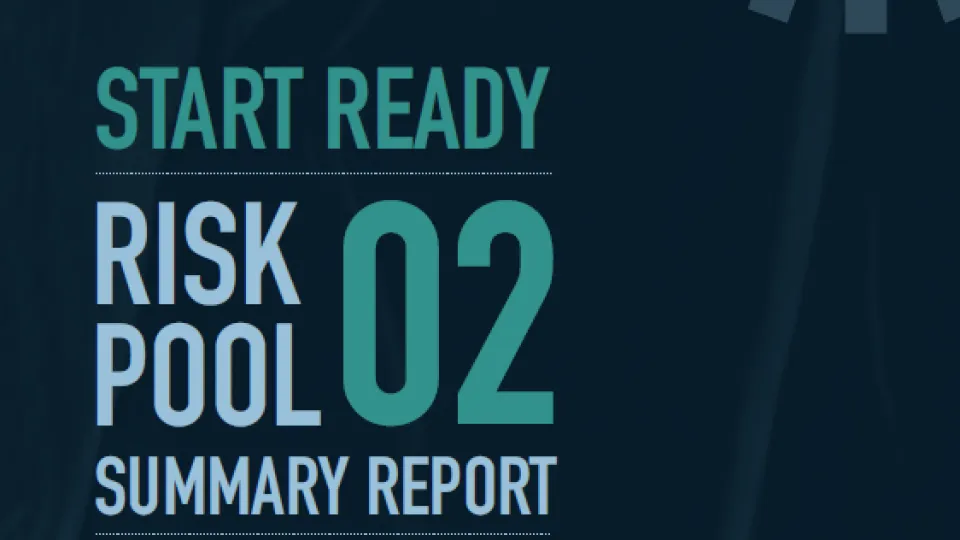
In the second Start Ready risk pool, Start Network provided protection to 685,619 people in 7 countries, from 11 climate risks.
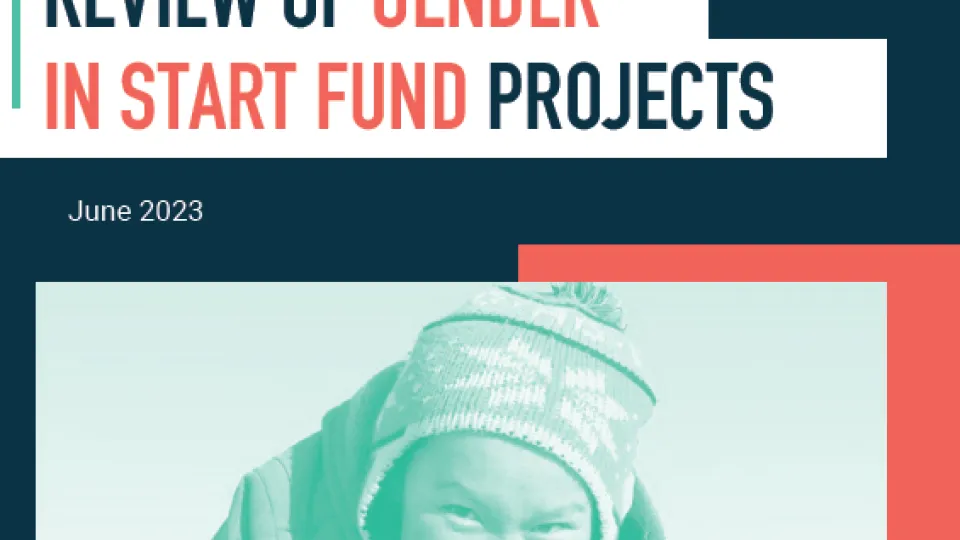
This review aims to assess the extent to which gender considerations have been successfully integrated throughout Start Network members’ and their partner agencies’ activities implemented as part of the Start Fund alert cycle.
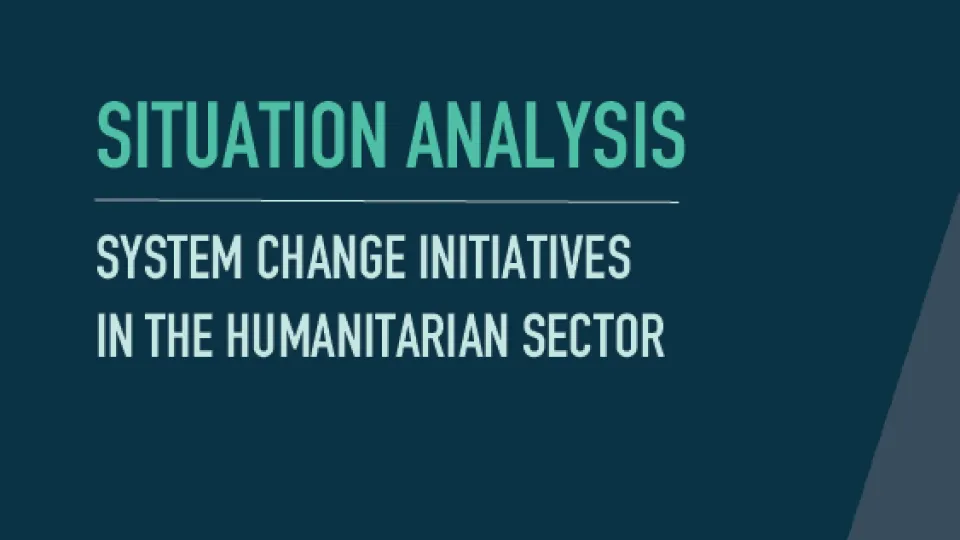
This situational analysis explores where the Start Network’s Hubs model sits within a broader landscape of initiatives that are working in some of the Hub contexts (or across them) to bring about a more localised system.
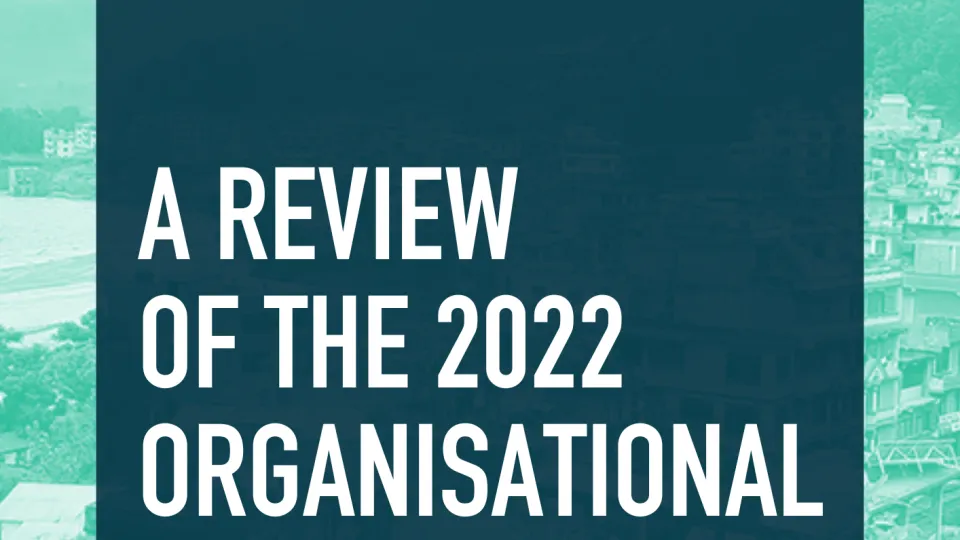
Start Network has laid a solid foundation in organisational strengthening through its microfunding approach. However, to further enhance its impact, Start Network should integrate lessons from past capacity strengthening initiatives and focus on providing longer-term, contextualised support. By doing so, Start Network can effectively address compliance requirements whilst simultaneously fostering local capacity building, thereby empowering L/NNGOs and supporting the development of a resilient, locally led humanitarian system.
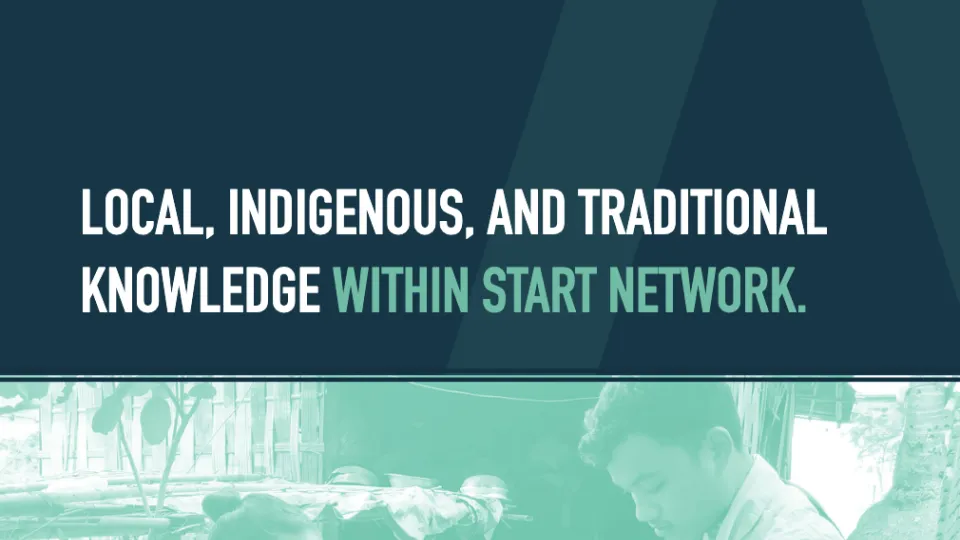
This report presents an overview of the current utilisation of Local, Indigenous, and Traditional Knowledge (LITK) within Start Network whilst exploring potential avenues for its enhanced capture and utilisation.
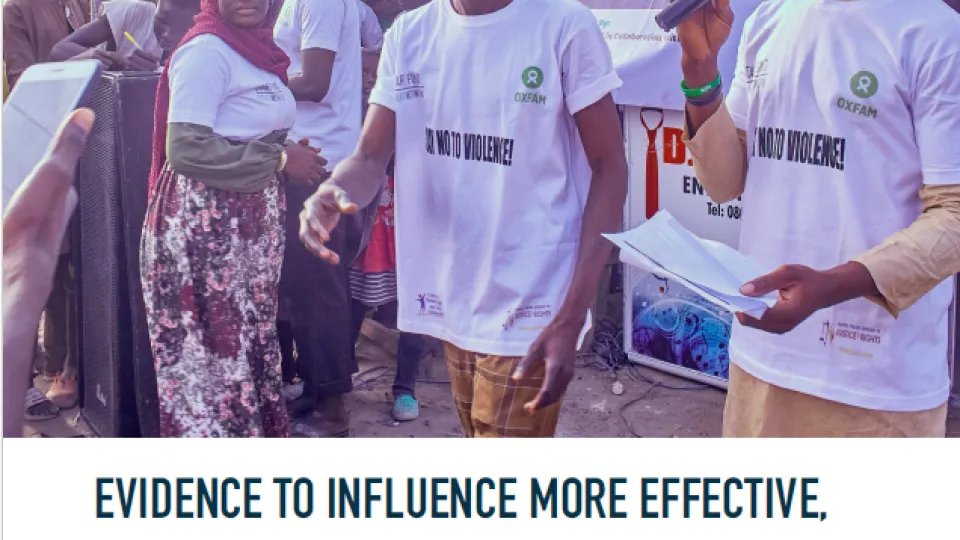
This report explores the existing evidence base and rationale for localisation to better understand how arguments for effectiveness, efficiency and equity in the localisation discourse are understood, evidenced and communicated.
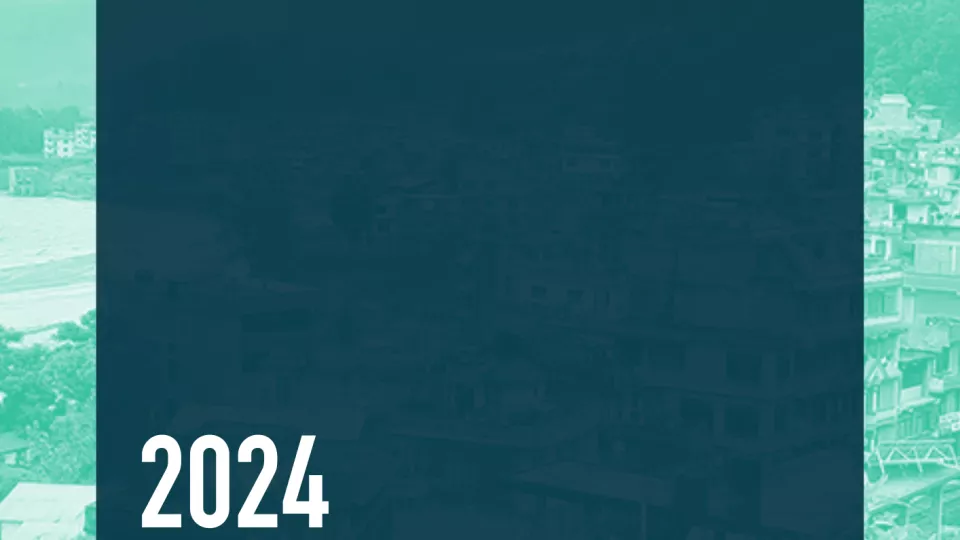
As a fund exclusively led and managed by civil society, the Start Fund has changed the ways in which aid has been allocated and disbursed, ensuring that humanitarian action is better accountable to those affected and at risk.
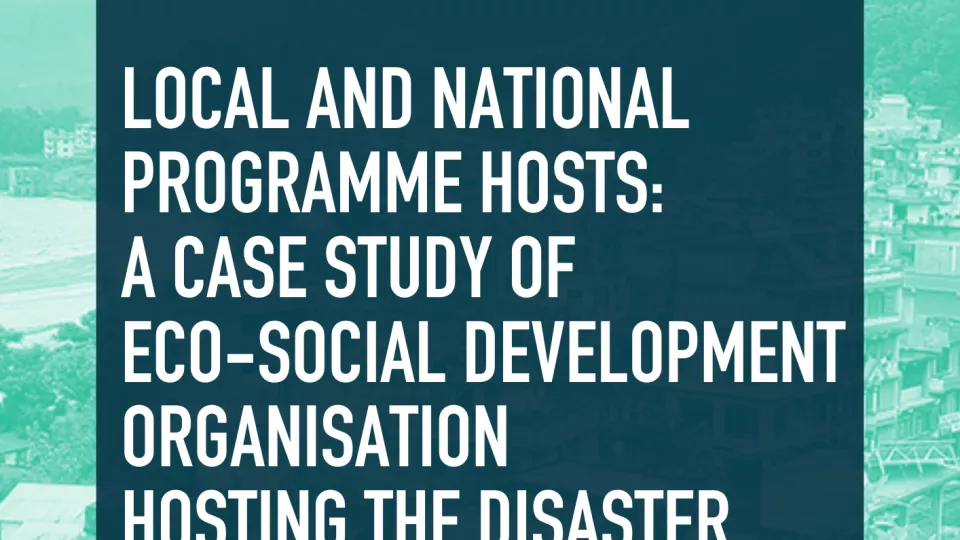
Start Network aims for a locally-led humanitarian system, and the transition is already underway through the development of networks (known as ‘hubs’). Start Network hubs are collectives of local, national, and international organisations or humanitarian responders operating in the same country or region. Hubs come together through a vision of system change, to tackle the deep-rooted issues in humanitarian responses within their contexts. They are supported by the Global Start Network but ultimately, they control their resources and define their responses to crises affecting and threatening their communities.